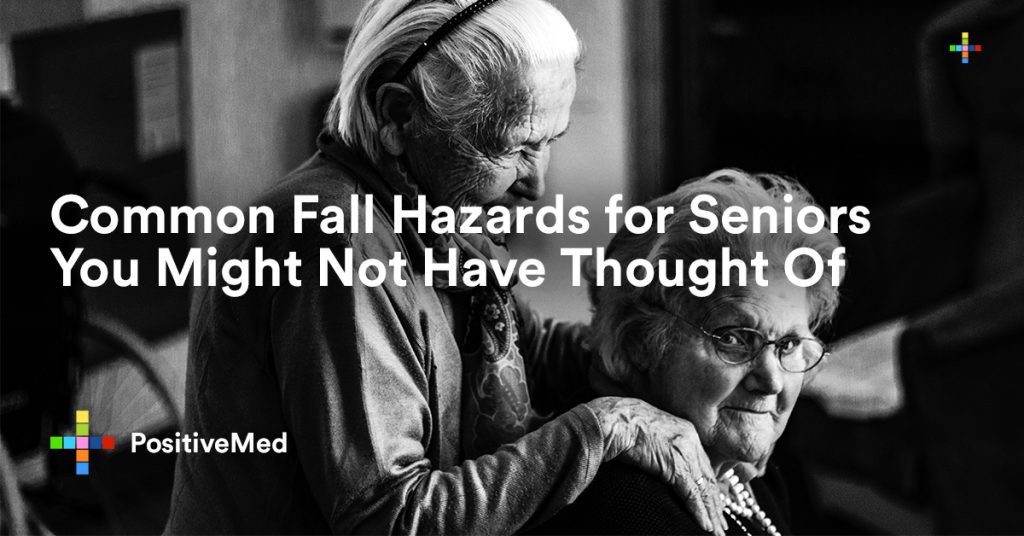When it comes to the discussion of improving senior health, lowering risk for debilitating conditions like heart disease, diabetes, and Alzheimer’s is always front and center in the conversation. Lowering risk for falls, however, plays just as crucial a role as senior mortality rates due to falling have climbed higher and higher in recent decades.

Elderly falls often result in hip or other bone fractures and land many older adults in the hospital. Statistically, over half of those hospitalized from a fall will be re-hospitalized within 6 months, and are 2 to 3 times as likely to fall again. Falling even once can strip an elderly person of their mobility, independence, and wellbeing.
Knowing that over half of all falls take place in or near the home, it’s important to modify living environments to help prevent falls. This includes clearing away clutter and junk that makes navigating the home environment difficult, as well as installing safety equipment like ramps, railings, and grab bars. There are some common fall hazards you may not have thought of, however. These include:
Toilets
Combine the sitting and standing required with using the restroom with a slick and cramped environment of a bathroom and you have a recipe for disaster. When most seniors think of equipping their bathroom for falls they think of installing grab bars, using shower chairs, and placing non-slip mats in the bathtub or shower. The actual porcelain throne may not even come up, but the fact of the matter is, for people with mobility issues, leg weakness, and balance problems, this commonly used space can be dangerous.
What to do: Get a raised (elevated) toilet seat with handrails for your bathroom which can sit on top of your existing toilet and add more stability and support to your sitting and rising. Visit this site for elderly toilet seat suggestions.
Pets
Pets like dogs and cats make great companions for seniors helping provide therapeutic friendship, motivation to get out and exercise, as well as a sense of security. On the flipside, however, they can potentially get underfoot and cause you to trip or get off balance. Additionally, small and large pet toys left scattered on the floor can be trip hazards, and puddles of water and food by pet dishes can contribute to a fall-prone environment. While more rambunctious small dogs might seem like the problem, older larger dogs which are slower to respond or move when you are trying to get around them can be just as bad.
What to do: If you love the companionship of animals but are worried about falling, consider keeping pets out of the house and instead of finding other ways to engage with animals – i.e. by petsitting for someone else or volunteering at the local animal shelter.
Lighting
As you’re busy focusing on clearing away clutter and trip hazards on the ground, don’t forget to look up and check the lighting. For many seniors, light switches that are difficult to reach make it hard to move from room to room in a dark environment. Existing vision problems which often accompany aging only exacerbate the difficulties seniors experience with seeing and depth perception in darker settings.
Moving through rooms and hallways with vastly varying brightness can also challenge safe mobility in the home, i.e. going from a dimly lit hallway to an extremely bright bedroom, because older eyes take slightly longer to adjust to light changes.
What to do: Make sure light switches are readily accessible on the inside and outside of doorways around chest height. Even out brightness levels by putting same watt strength bulbs in all rooms, and place curtains over windows that allow light in which causes glares off of screens and mirrors. Glow in the dark light switches and guide tape can add an extra layer of safety as well.







